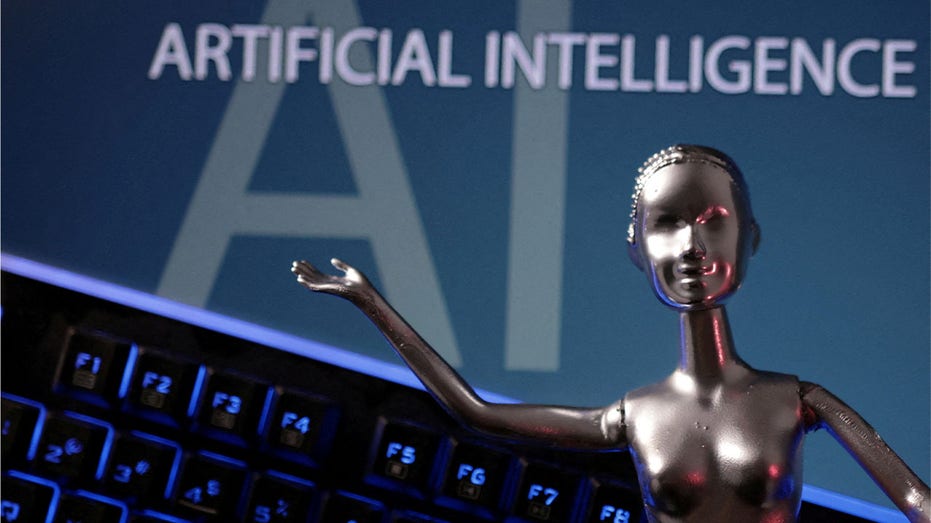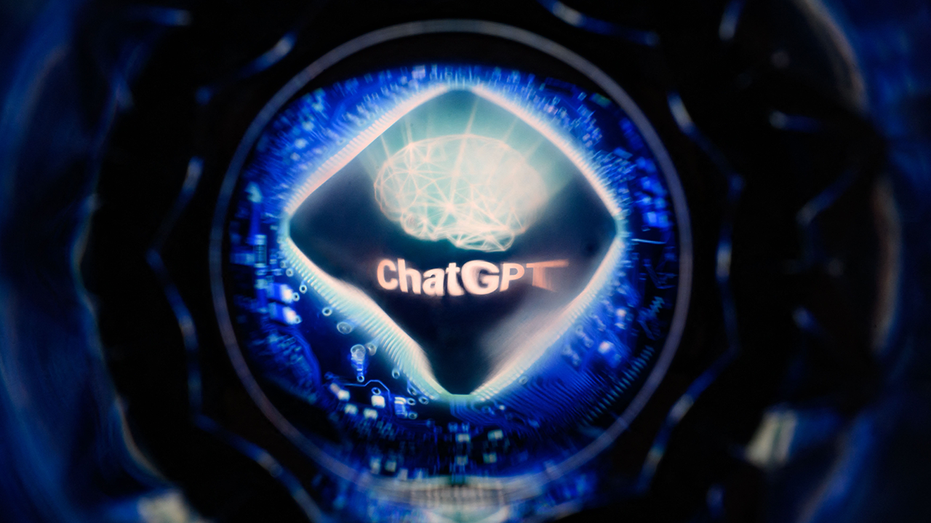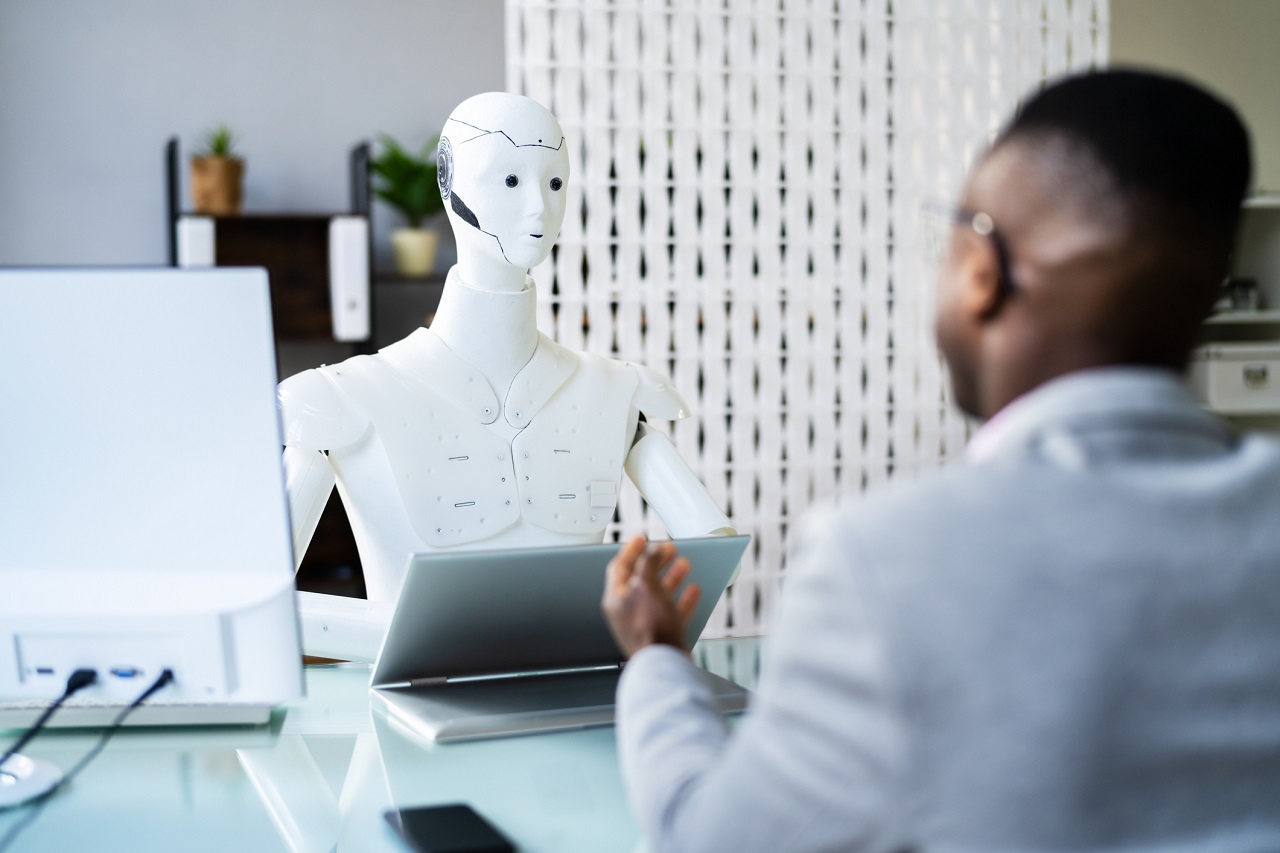Potential AI revolution puts 27% of jobs at high risk, report says
Artificial intelligence adoption is still relatively low, OECD notes
AI could replace 300M jobs worldwide: Goldman Sachs report
FOX Business' Lydia Hu reports on workforce worries growing as more office tasks can be performed through artificial intelligence and automation.
Approximately 27% of jobs are at high risk of automation amid the artificial intelligence revolution, according to a new report.
The Organization for Economic Co-operation and Development (OECD), a global policy forum that includes 38 members, said in a Tuesday report that high-skill occupations are still at least risk of automation.
Low-to-middle skilled jobs are most at risk, including construction, farming, fishing, forestry and, to a lesser extent, production and transportation, the report said.
The bloc said that while adoption of AI is still relatively low, rapid progress, falling technology costs and the increasing availability of workers with AI skills suggest that OECD countries may be on the brink of an AI revolution.

Artificial Intelligence words are seen in this illustration taken, May 4, 2023. (REUTERS/Dado Ruvic / Reuters Photos)
Its report, the Paris-based group said, is the first-ever cross-country survey of the impact of AI in the labor market, with workers and companies in seven of its member countries.
The OECD also found that there is little evidence of negative employment effects for firms that adopt AI so far, and workers and employees report that AI can reduce tedious and dangerous tasks.
AI COST NEARLY 4,000 PEOPLE IN THE U.S. THEIR JOBS, REPORT SAYS
Nevertheless, concerns about AI in the workforce continue to permeate, with the survey last year finding that three in five workers is worried about losing their job to AI within the next decade.

This picture, taken on April 26, 2023, in Toulouse, southwestern France, shows a screen displaying the logo of ChatGPT, the conversational artificial intelligence software application developed by OpenAI. (Photo by LIONEL BONAVENTURE/AFP via Getty Images / Getty Images)
Additionally, a similar amount worry that wages would decrease due to AI, more than half of workers are concerned about privacy and three in four say that AI has increased work pace.
GET FOX BUSINESS ON THE GO BY CLICKING HERE
Rapid development and adoption mean that new skills will be needed and others will become obsolete, advising that governments encourage employers to provide more training, integrate AI skills into education and support diversity in the AI workforce.
The OECD said its report highlights the "urgent need for policy action" to address AI risks in the workplace and to ensure "accountability and transparency for employment-related decisions supported by AI."
International cooperation, it said, would be critical to avoid "a fragmentation of efforts that would unnecessarily harm innovation and create regulatory gaps that might lead to a race to the bottom."
CLICK HERE TO READ MORE ON FOX BUSINESS
"The recent acceleration of generative AI-related developments and tools marks a technological watershed with material implications in many workplaces. There is a real need to consider longer term policy frameworks on the use of AI in the workplace and to continue to foster international cooperation to maximize the benefits while appropriately managing the downside risks," OECD Secretary-General Mathias Cormann said in a statement.

Organisation for Economic Co-operation and Development Secretary-General Mathias Cormann delivers a press conference to present the organization's updated global economic outlook, in Paris, on June 7, 2023. (Photo by -/AFP via Getty Images / Getty Images)
The survey was carried out before the emergence of generative AI like OpenAI's ChatGPT.
Reuters contributed to this report.





















